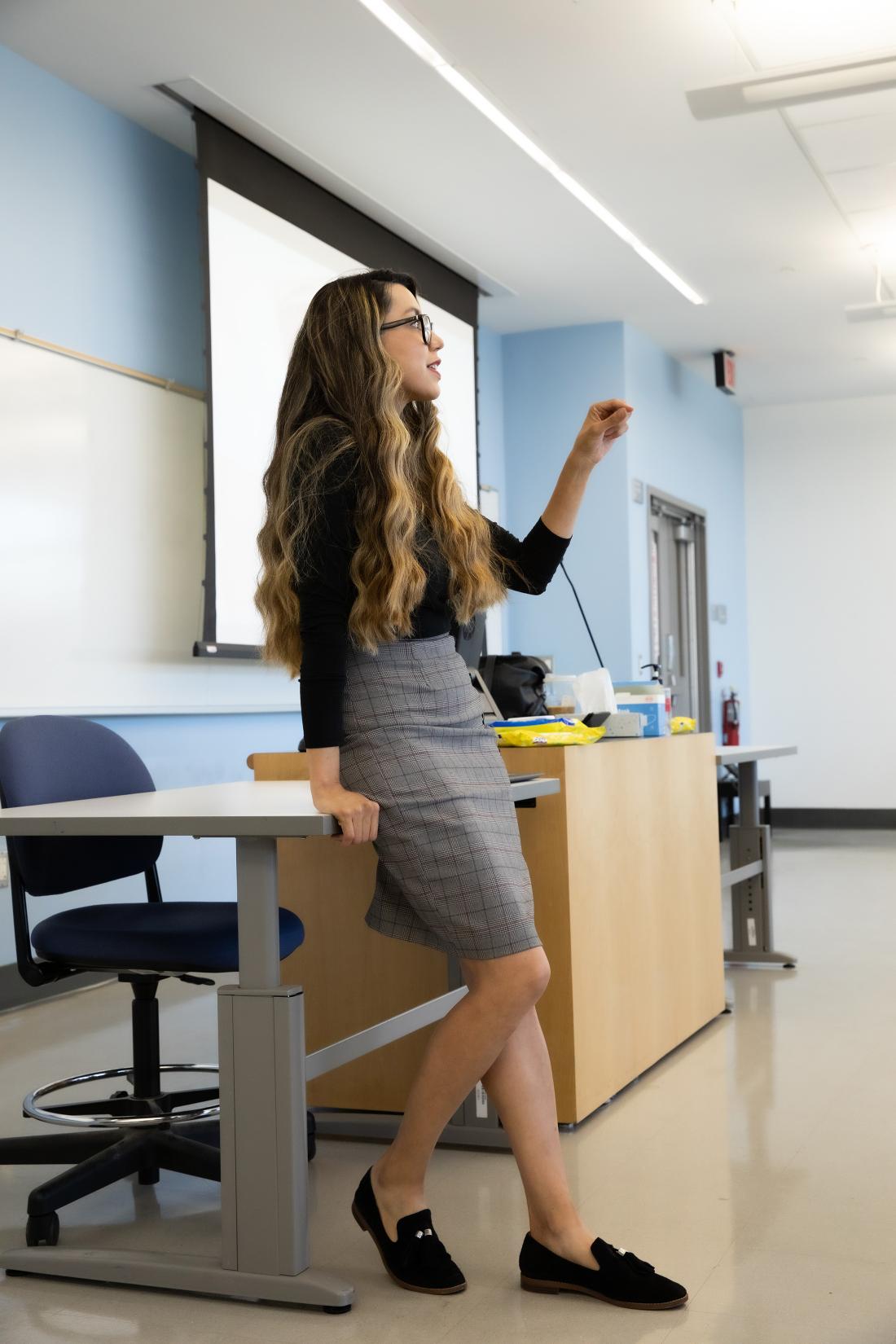Accounting
All organizations regardless of size, type, or industry require the input of financial experts to thrive or maintain. Someone with an interest in learning more about accounting will find themselves a necessity to these organizations - but only with the right skillset and knowledge. Accounting is a diverse career with virtually unlimited options. If you have the right set of skills for the job, you can find a way to employ them that also suits your tastes, personal strengths, and personality. Harbor College's Accounting programs will give you the foundation to build the right skills and understanding to set yourself up for future success.
What an Accounting career looks like
There's a lot more to accounting than just crunching numbers, and the geeky accountant who does nothing but hammer away on his adding machine is virtually a thing of the past. These days, accounting work is very team oriented. In your first job, you're likely to start as a junior member of a team responsible for, say, preparing financial statements, or auditing a particular account or a client's financial statements. If you're a public accountant, you may also spend a significant amount of time face-to-face with clients, providing individualized solutions to their unique tax and accounting issues. The ability to communicate and cooperate with other people will be a must.
You may not need to be a math whiz, but if you're not extremely skilled with computers, accounting's not for you. Most of your work will be done electronically, and firms are always implementing new electronic systems for submitting and preparing financial statements.
If you decide to study Accounting, you probably won't have to wait long to start working. Jobs in accounting are always in demand and the skills you learn through studying are transferable and can be applied to many other disciplines. If you're thinking of studying accounting, Harbor College has a great range of degree and certificates to choose from.
What you will learn
When studying accounting you will acquire knowledge about the laws that govern business, typical business administration schemes, the ethics of accountancy, and accounting theory. You'll be taught how to prepare the key documents that your job will involve, including financial statements and tax returns.
You will also have subjects that overlap with other finance-based courses. Studying accounting means knowing your way around math and inferring results from numbers.
Accounting today is a blend of analysis, problem solving and detective work; to do the job right you must be able to communicate effectively and deal with people, not just numbers. You'll learn how to focus on money management, financial recording and reporting, and the best processes to save cash for a corporate business as well as a sole proprietorship.
Degrees and Courses
If you want to work as an accountant, a degree in accounting is generally a must. Harbor College's Accounting degrees and certificates will allow graduates to work as a junior accountant and eventually advance with experience.
Harbor College offers an Associate in Science Degree in Accounting, a Certificate of Achievement in Accounting a Skills Certificate in Accounting, and a Skills Certificate in Taxation. Our programs of study qualify the student for entry-level accounting positions in business, government, industry, and financial institutions.
Before your start
That way, you can get some advice from people who have a thorough understanding of the course and industry.




